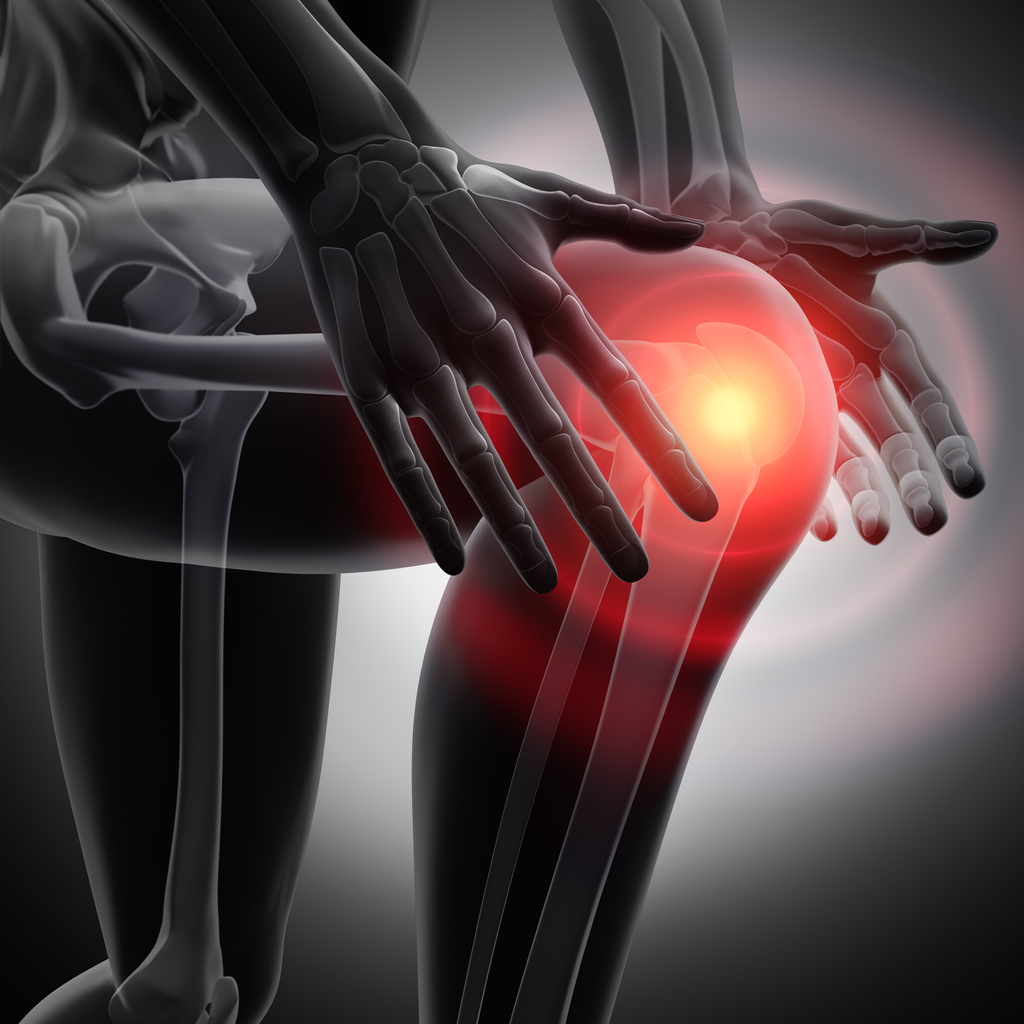
The thigh muscles may need time to adjust and regain strength after the surgery, which can lead to discomfort. Thigh: Pain in the thigh can occur due to the surgery or changes in gait patterns and muscle imbalances.This can be due to surgical manipulation of the muscles and tissues around the hip joint or inflammation in the surrounding area.

Groin: Some people may experience pain in the groin area after hip replacement surgery.Although the primary focus of the surgery is the hip joint, the surrounding structures and adjacent joints can also be affected. Pain can occur in other areas besides the hip and knee following hip replacement surgery.

The prosthetic may be inadequately fixed during surgery or loosen over time. Aseptic loosening: When the femoral stem of the prosthetic hip joint is inadequately fixed in the femur, it can cause referred pain in the thigh and knee.Over time, as the body heals and adjusts to the new hip joint, this referred knee pain often subsides. After hip replacement surgery, people can sometimes perceive pain originating from the hip joint as knee pain. Referred pain: This is when a person feels pain in one area, but it originates from another area nearby.In such cases, doctors may need to address the underlying knee condition separately. Pre-existing knee conditions: People with pre-existing hip and knee osteoarthritis before hip replacement surgery may only perceive their knee pain once their hip pain subsides.Physical therapy and gait training can help address these changes and alleviate knee pain. It may take time for the body to adjust to the new hip joint, and a person’s gait may alter during this transition. Gait changes: Following hip replacement surgery, changes in a person’s gait pattern can put additional stress on the knee joint, leading to knee pain.It is crucial for the surgeon to carefully assess leg length during the procedure to minimize this issue.

This imbalance can alter the mechanics of the knee joint, leading to knee pain. This can happen after hip replacement surgery.


 0 kommentar(er)
0 kommentar(er)
